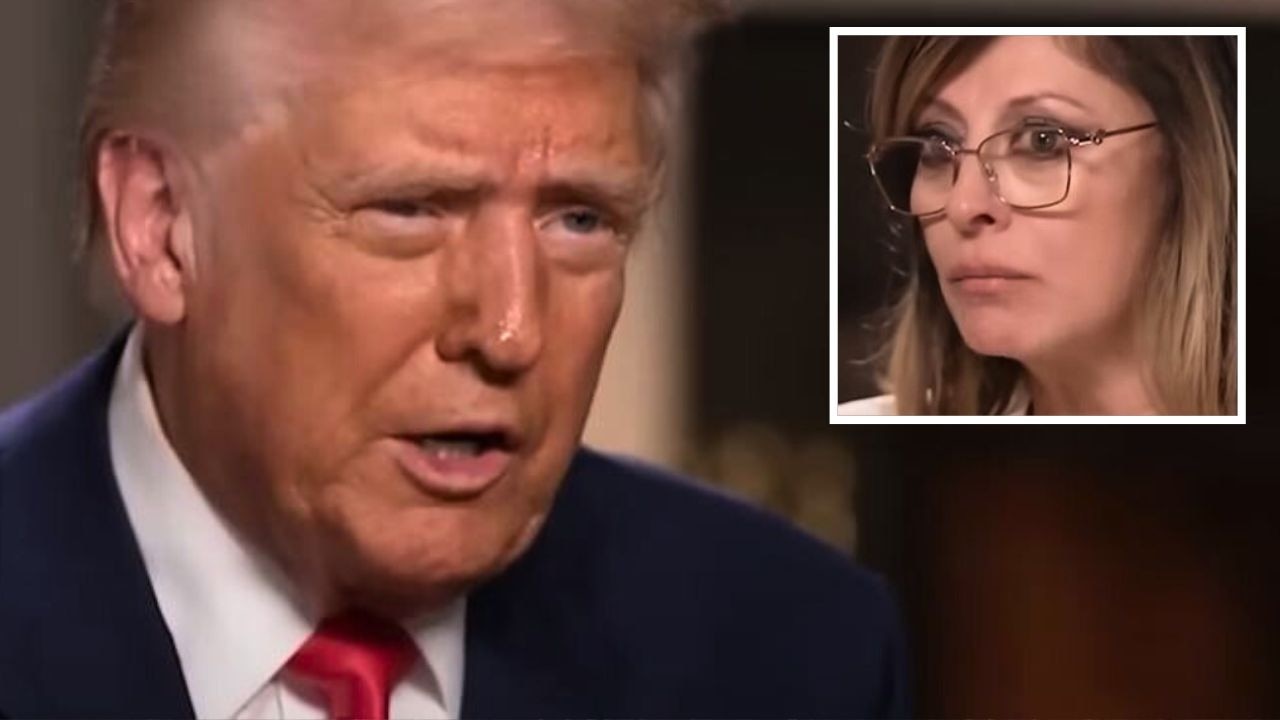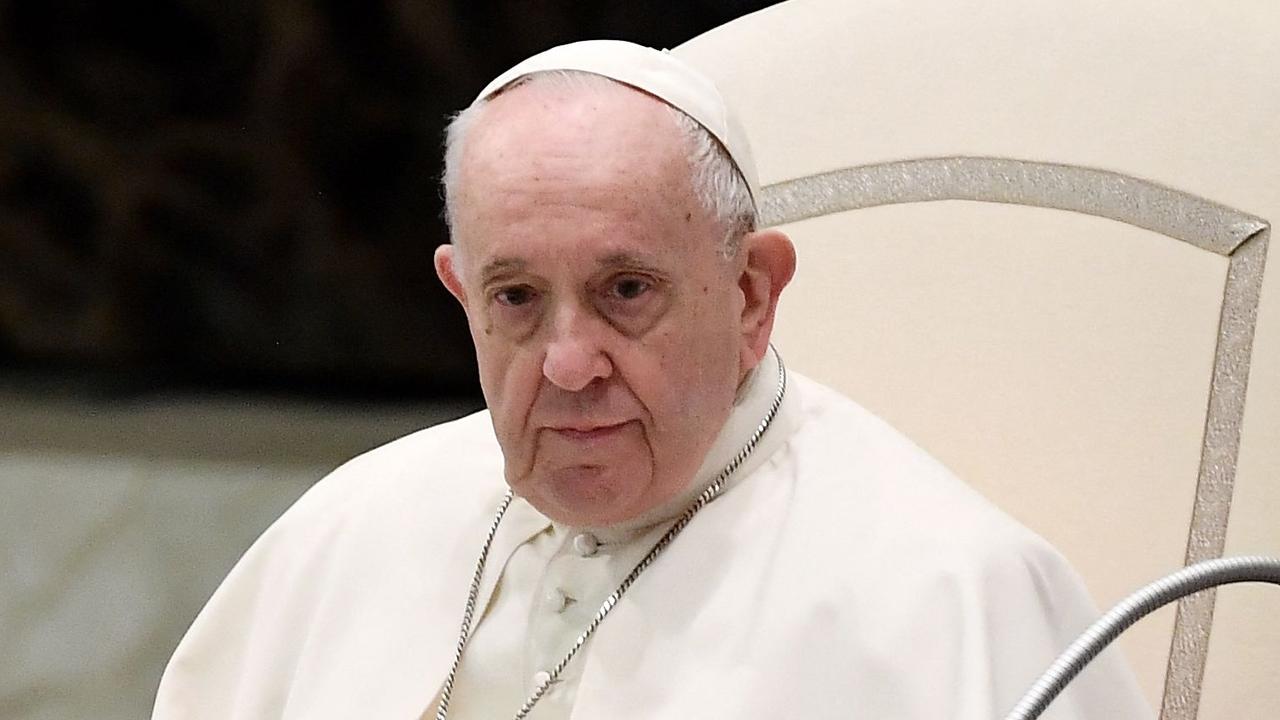Brother ‘shocked’ at state of Julian Assange
Julian Assange’s brother Gabriel Shipton was “taken aback” at the rapidly deteriorating WikiLeaks founder after seeing him for the first time in a year during an extradition hearing in London.
World
Don't miss out on the headlines from World. Followed categories will be added to My News.
The brother of Julian Assange was stunned by the rapidly deteriorating appearance of the WikiLeaks founder during a court appearance to fight extradition to the United States.
Gabriel Shipton last saw his brother in October 2020 before the high-security Belmarsh detention centre went into Covid lockdowns, and has not had face-to-face contact until Mr Assange appeared briefly via video link in the United Kingdom High Court.
“Julian’s in his third year of prison, I saw him over the court video yesterday for the first time in almost a year,” Mr Shipton said on the Breaking Points podcast.
“I was shocked, it looked like he’d aged five years. I was just taken aback at his appearance and his manner in that small room that he was in at Belmarsh prison.”
Facing charges that could jail him for life, Mr Assange was on a high dose of medication as he followed the first day’s proceedings via video link, his lawyer Edward Fitzgerald said.
He was partially obscured half off-screen but appeared to be wearing a black mask and burgundy tie.
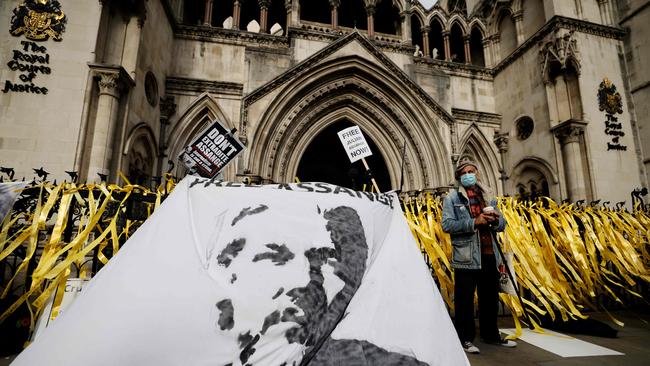
On day two of the hearing, defence lawyers said the US’s assurances that Mr Assange could serve out any sentence in Australia did not avert the risk of suicide. The US is appealing a lower court’s decision that Assange could not be extradited due to his suicide risk.
Lawyer Mark Summers also raised reports the Central Intelligence Agency had considered killing or kidnapping Mr Assange in 2017, according to Reuters.
He said it showed the CIA could assert its powers to override the wording of the US’s assurances he would not be held in harsh detention conditions known as Special Administrative Measures (SAMs).
“Those plans within the CIA to kidnap Julian, to murder Julian, what we’ve seen with this case now is those plans, they still exist, but they’ve sort of been put in place through this veil of legality through the judicial way.
“Julian was taken from his refuge in the Ecuadorean Embassy, which was exactly what the CIA wanted to do. They wanted to kidnap him but now they’ve managed to do it judicially.”
US PROMISED AUSSIE JAIL TIME. HERE’S WHY THAT MIGHT NOT HAPPEN
On the first day of the hearing, the court heard the Australian government may not allow Mr Assange to transfer to an Australian prison if the country doesn’t believe the behaviour is criminal or the sentence proportionate.
Assange is facing up to 175 years in prison for his role in the organisation’s release of classified US diplomatic cables and Pentagon files on the Iraq and Afghanistan wars, some which revealed war crimes committed by the US.
Australia’s position in the long running Assange controversy took a prominent role on the first day of the High Court appeal.
Earlier, the United States promised a British judge that any prison sentence given to Assange would be served in Australia as the US appealed a decision to block extradition of the WikiLeaks founder.
The US government asked the High Court to overturn a ruling in January that Assange, 50, is a serious suicide threat if sent across the Atlantic.
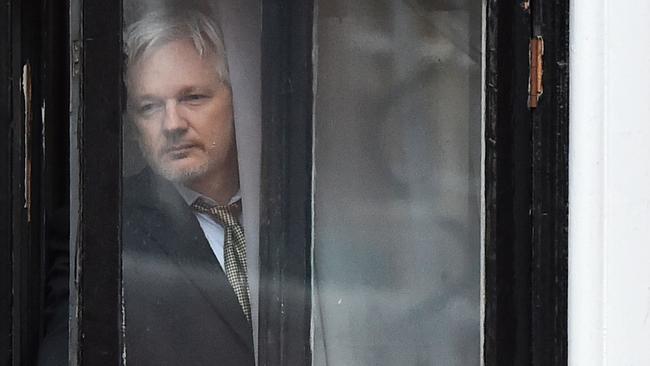
“We maintain that the district judge was wrong to come to the conclusion she did,” said James Lewis, a lawyer for the US government.
“Once there is an assurance of appropriate medical care, once it is clear he will be repatriated to Australia to serve any sentence, then we can safely say the district judge would not have decided the relevant question in the way that she did,” he added.
Facing charges that could jail him for life, Assange was on a high dose of medication as he followed proceedings via video link, his lawyer Edward Fitzgerald said.
Fitzgerald, however, told the court that Australia has not said whether it would take Assange if he were convicted in the US.
He argued in a written statement reported by AP that even if Australia did agree, the legal process could take a decade, “during which Mr Assange will remain detained in extreme isolation in a US prison.”
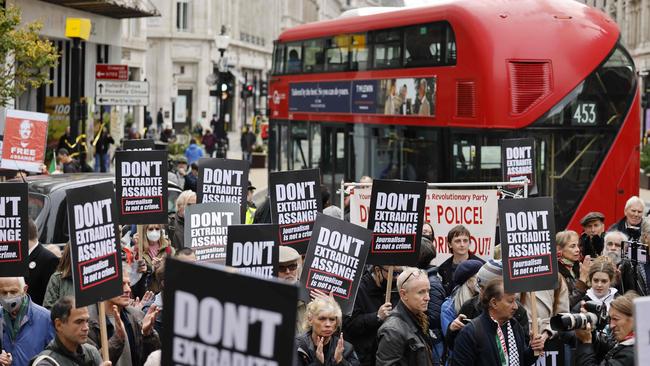
The two senior judges sitting on the High Court will deliver their own ruling at a later date, but the issue is likely to drag on for longer still.
Outside the court in central London, Assange’s partner Stella Moris, with whom he has two children, joined two dozen protesters demanding his immediate release from London’s high-security Belmarsh jail.
“I’m very concerned for Julian’s health,” Moris told reporters, after visiting Assange in the prison on Saturday.
“He is very thin. And I hope that the courts will end this nightmare,” she said. One demonstrator dressed in black and a funereal veil held a banner reading “RIP British Justice”. Another, 20-year-old Ruby Allen, said Assange was an innocent defender of “press freedom”.
“Extradition is a death sentence basically. If he’s extradited to America the conditions will be so much worse,” she said.
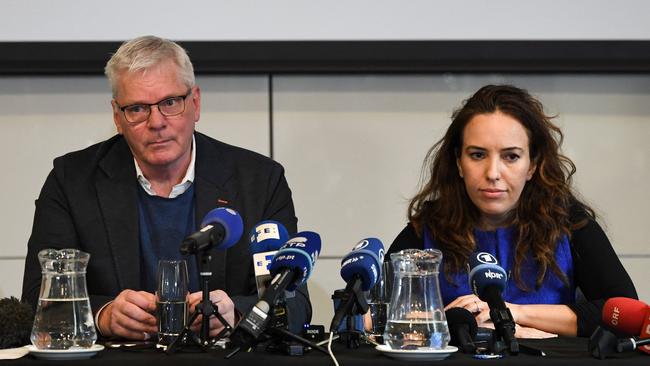
Assange, 50, is wanted in Washington to face 18 charges relating to the 2010 release by WikiLeaks of 500,000 secret files detailing aspects of military campaigns in Afghanistan and Iraq.
He has been indicted for violating the US espionage act and for hacking, based on the alleged aid he gave former military intelligence officer Chelsea Manning in obtaining the documents from secure computer systems.
If convicted in the United States, he faces a maximum sentence of 175 years in jail.
The US government has said the judge who made the ruling in January, Vanessa Baraitser, “didn’t appreciate the weight” of expert evidence that said Assange was not at risk of suicide.
Baraitser rejected US experts’ testimony that Assange would be protected from self-harm, noting that others such as disgraced US financier Jeffrey Epstein had managed to kill themselves in US custody.
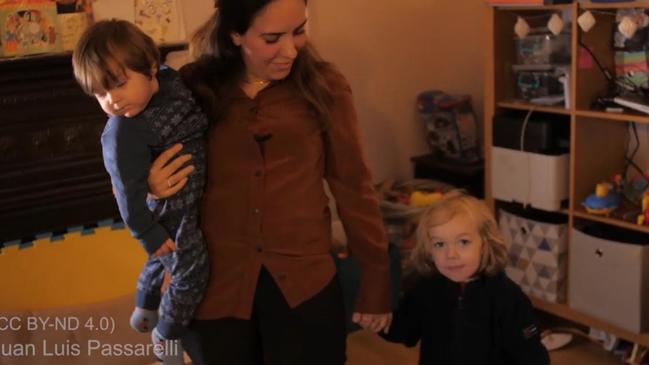
But the US government’s lawyers have argued Baraitser was “misled” in evidence from Assange’s psychiatric expert Michael Kopelman, who they claim concealed things such as that his client had fathered children with Moris while holed up in the Ecuadorean embassy in London.
Assange was arrested in Britain in 2019 for jumping bail after spending seven years inside the embassy to avoid extradition to Sweden where he faced allegations of sexual assault. These were later dropped.
Whatever the High Court decides, months if not years of further legal wrangling loom.
If the US appeal is successful, the case will be sent back to a lower court for a new decision. And whoever loses can also ask for permission for a further, final appeal to the UK’s Supreme Court.
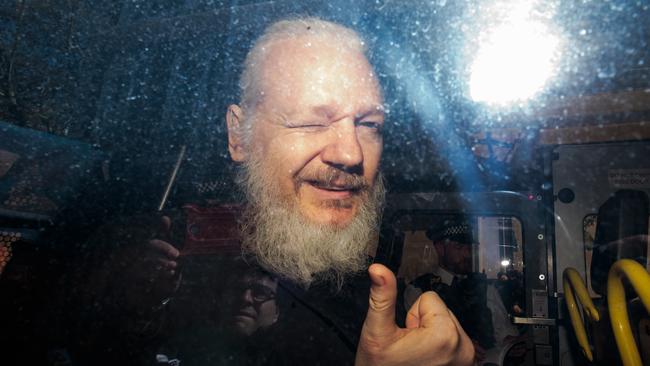
Legal expert Carl Tobias, from the University of Richmond in Virginia, said the US had “some chance” of winning its appeal.
“The US may be able to convince the High Court that Baraitser assigned too much weight” to the Kopelman report, he told AFP.
“However, even if the High Court agrees with the US contention that she accorded too substantial weight to the expert report, that may not be sufficient to warrant overruling her entire decision,” he added.
Advocacy group Reporters Without Borders has urged President Joe Biden to drop the case, arguing the WikiLeaks founder has been “targeted for his contributions to public-interest reporting”.
Assange sought, but failed, to obtain a pardon from Biden’s predecessor Donald Trump, whose 2016 election campaign benefited from WikiLeaks’ release of materials that damaged his Democratic opponent, Hillary Clinton.



